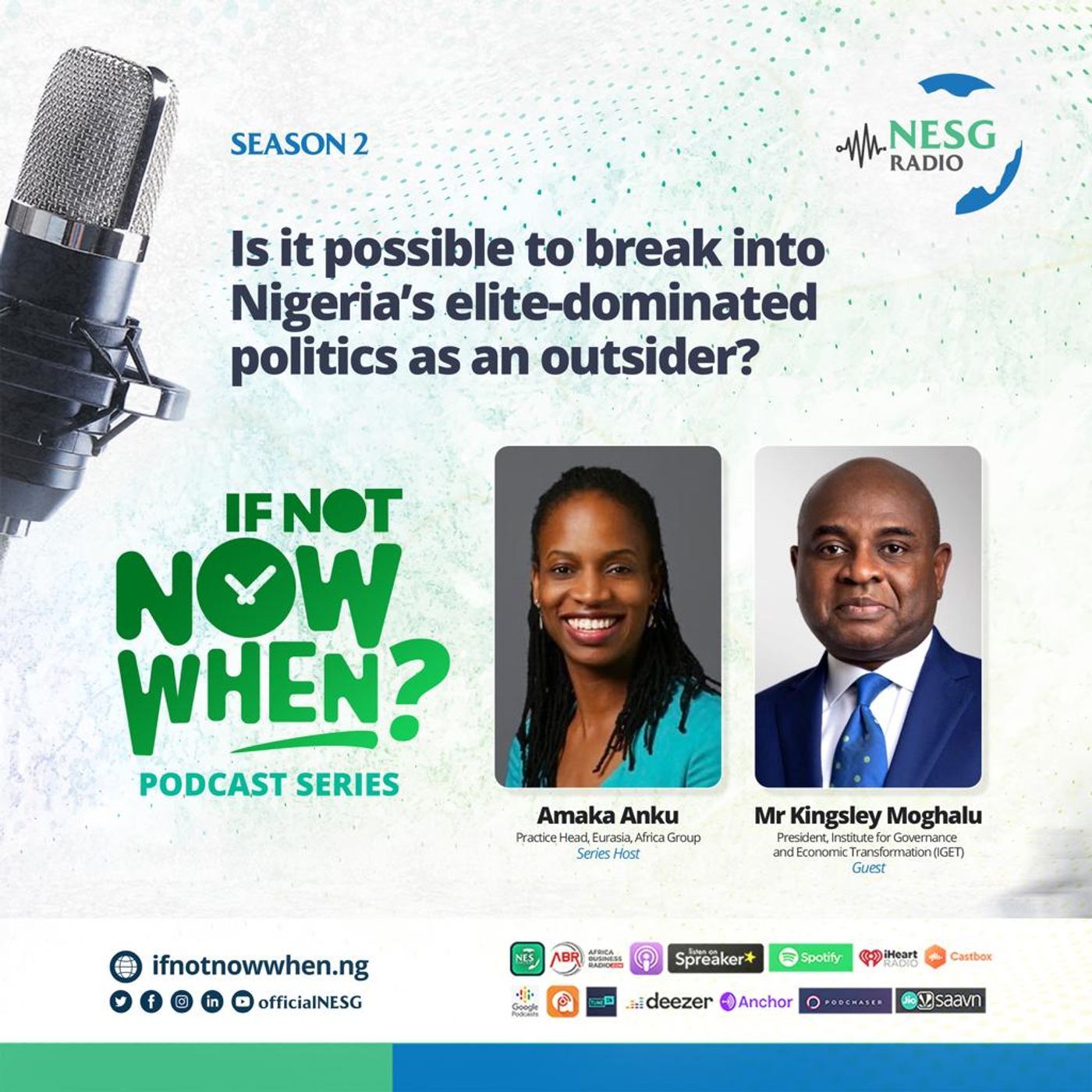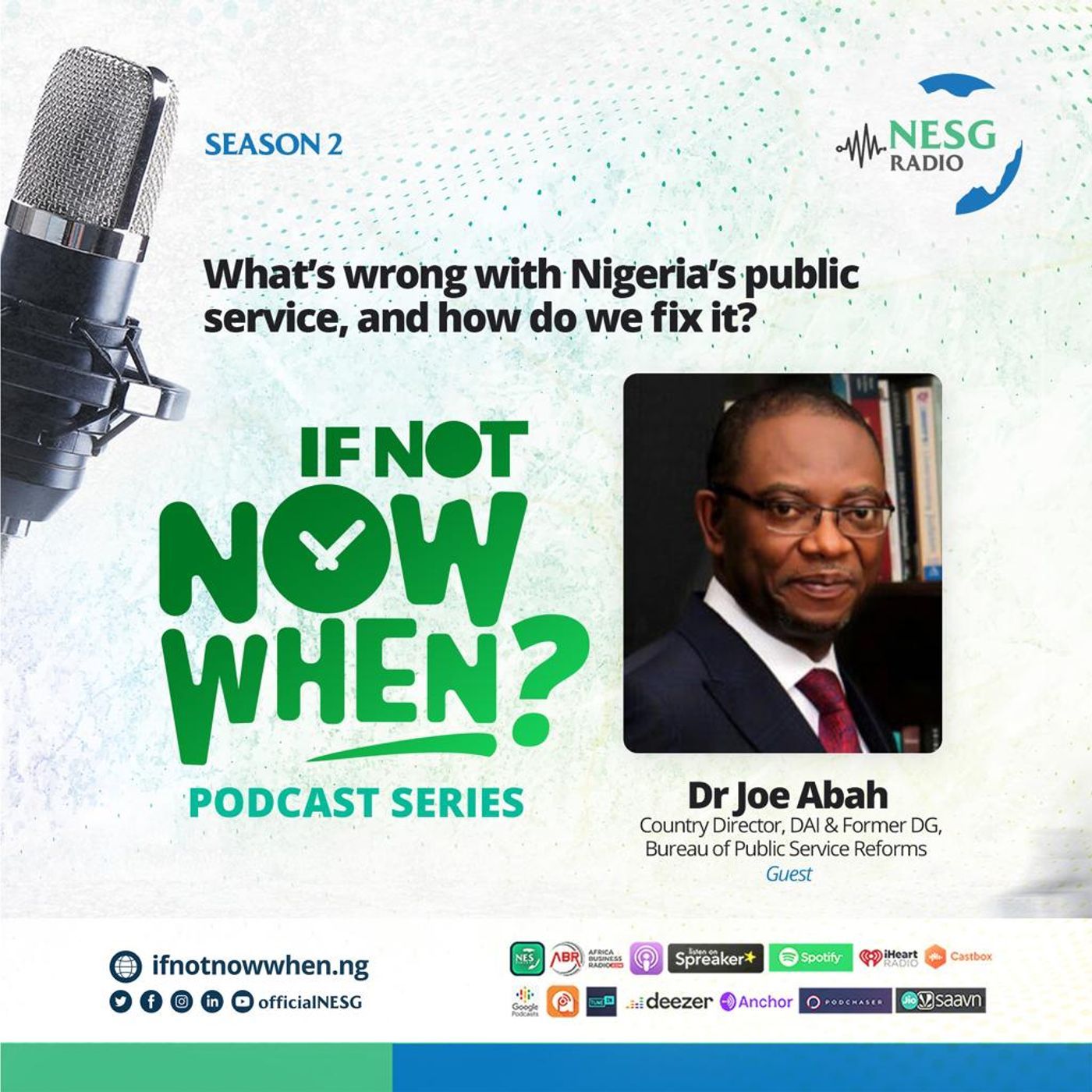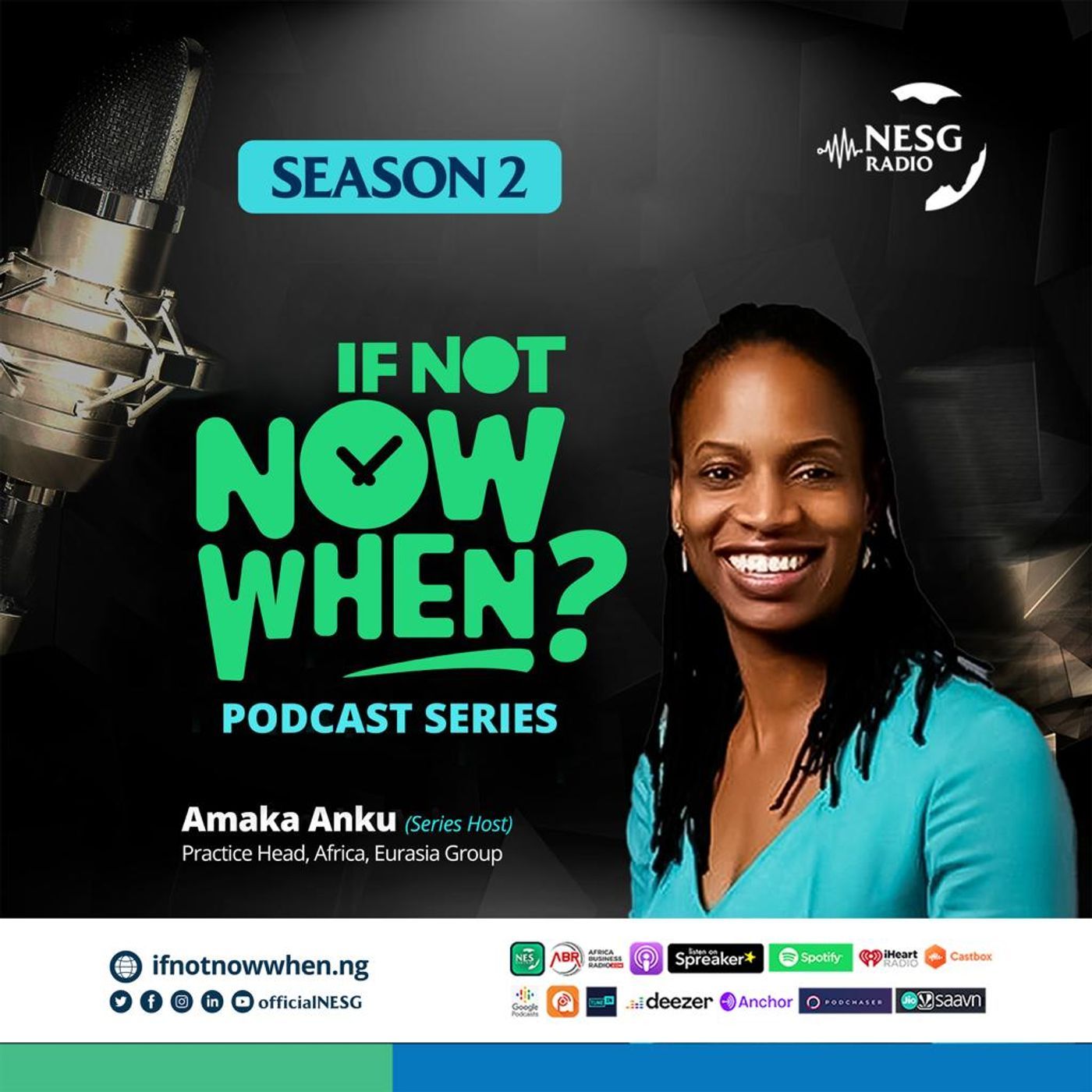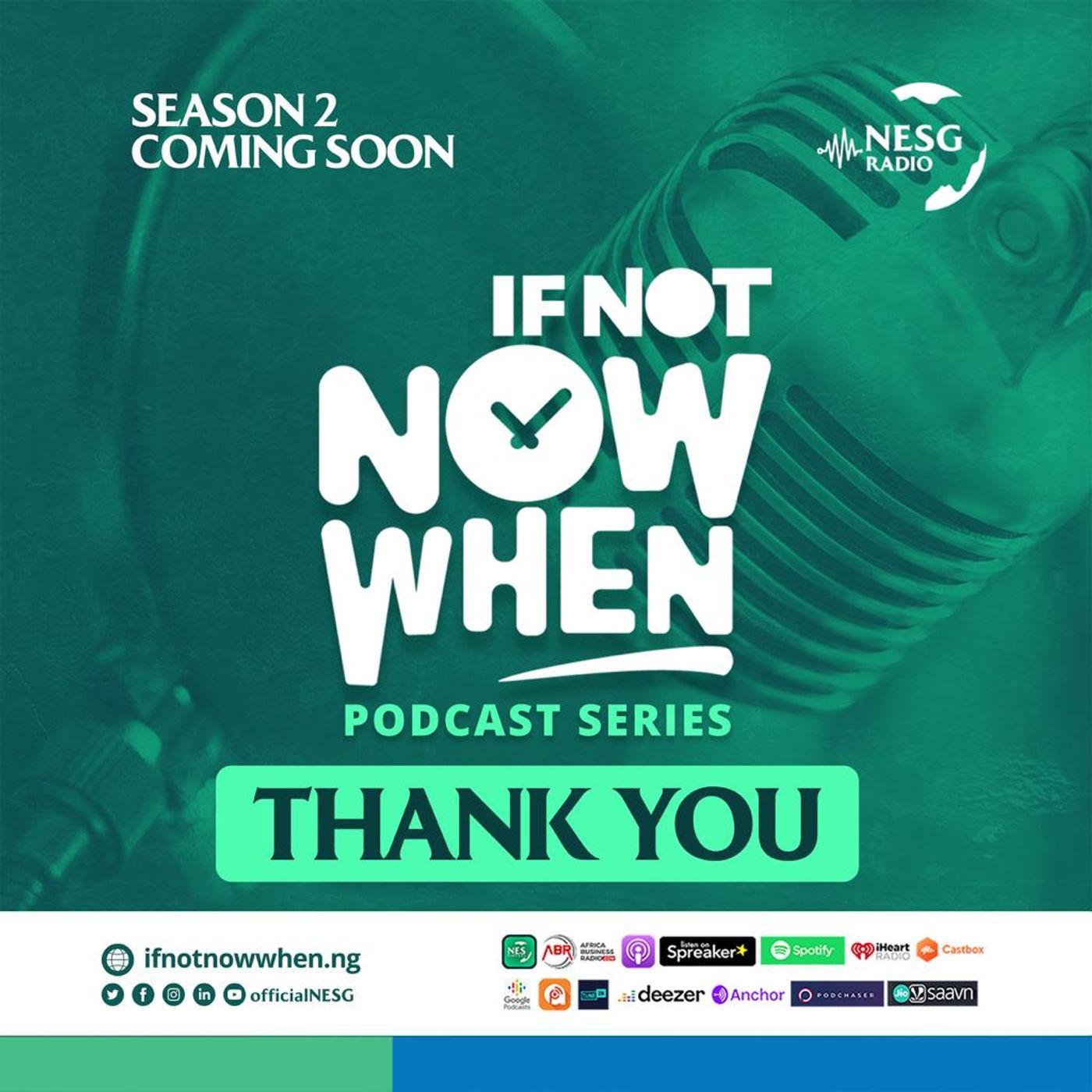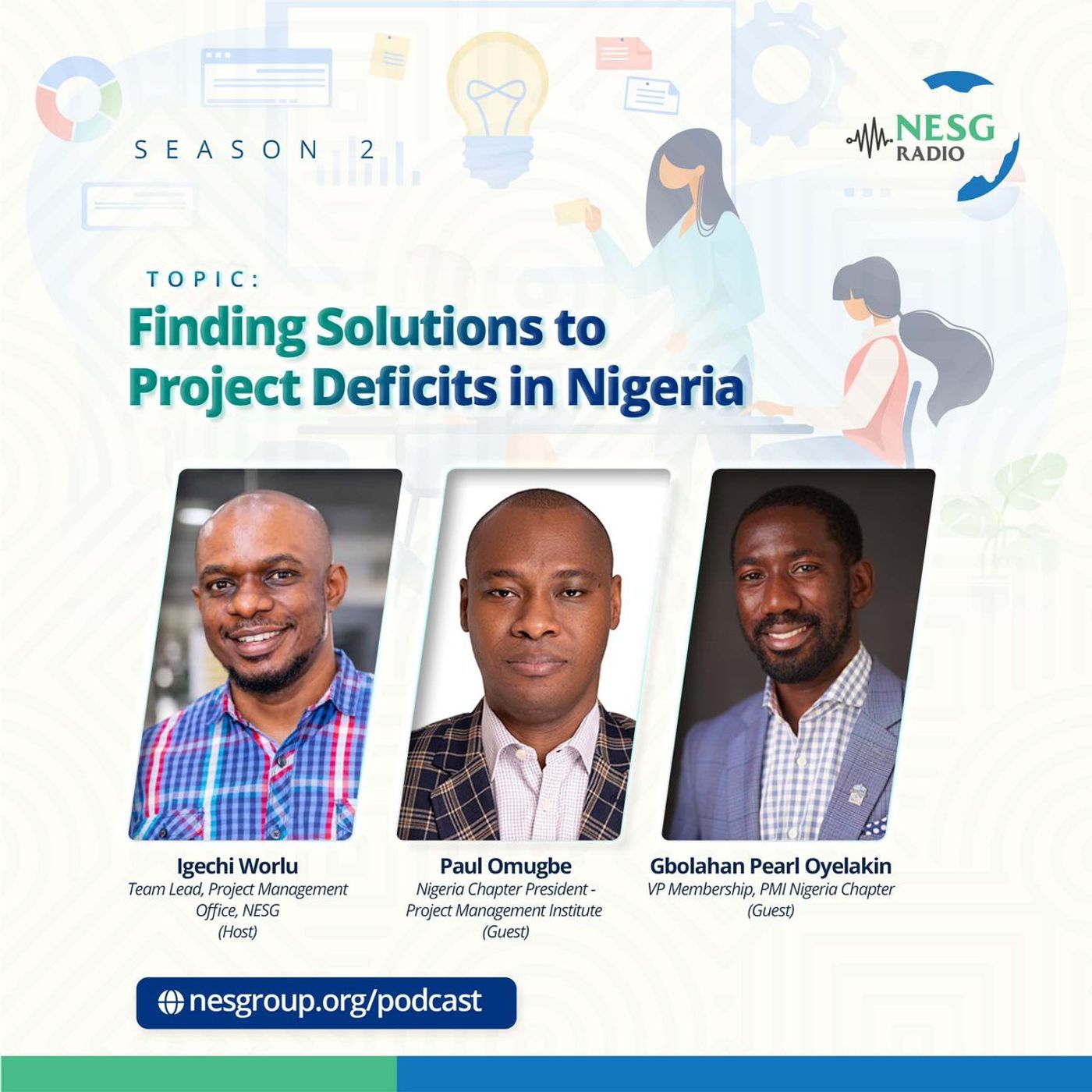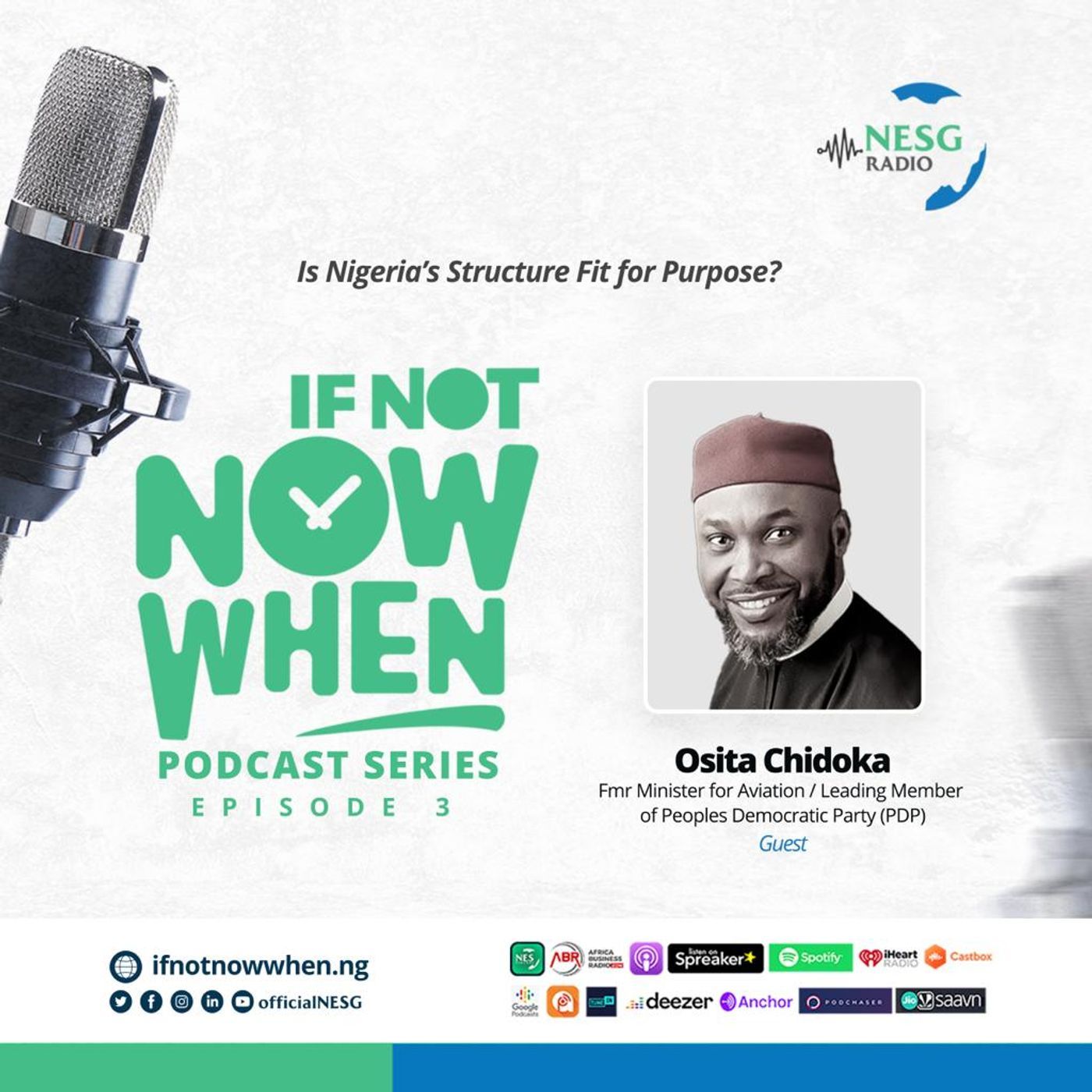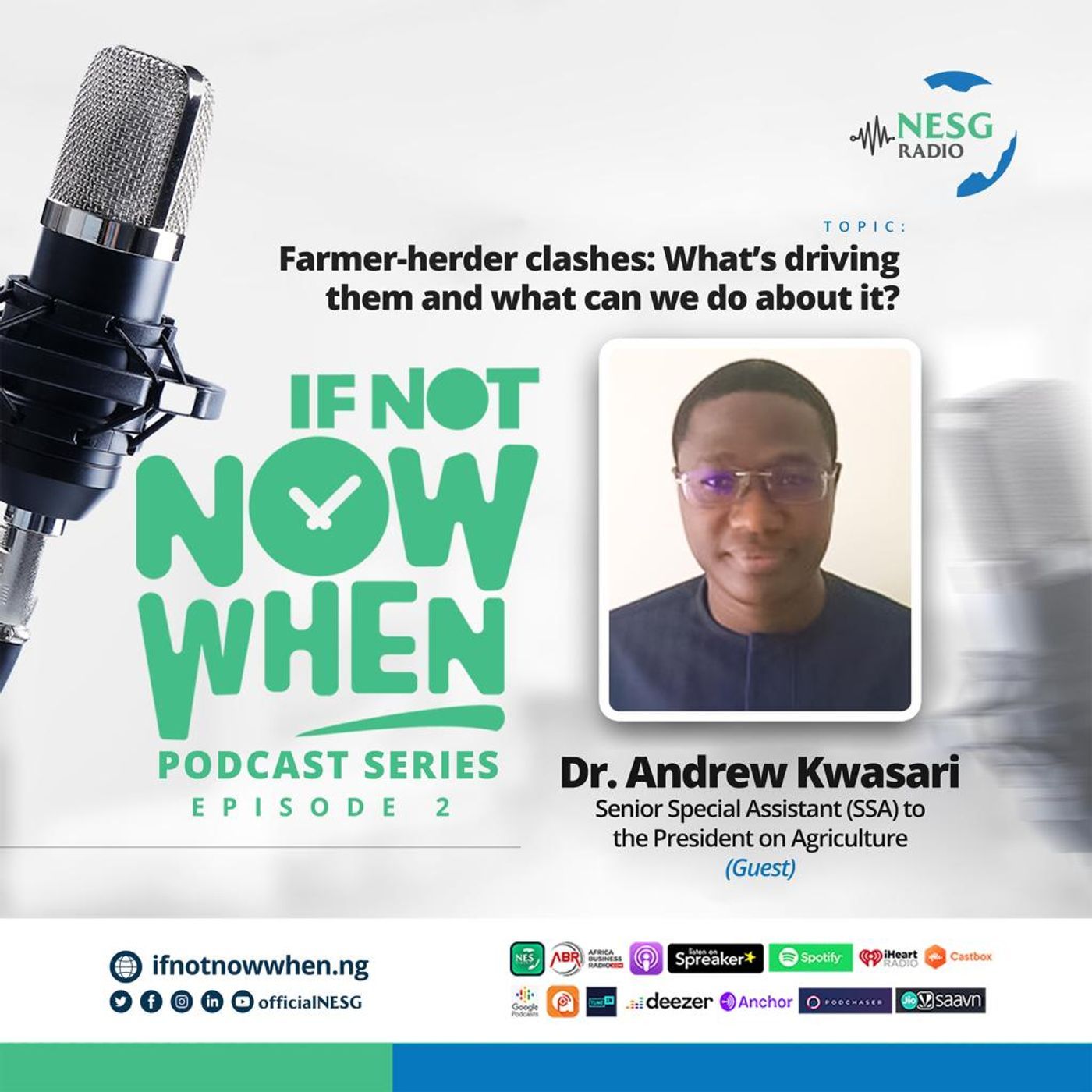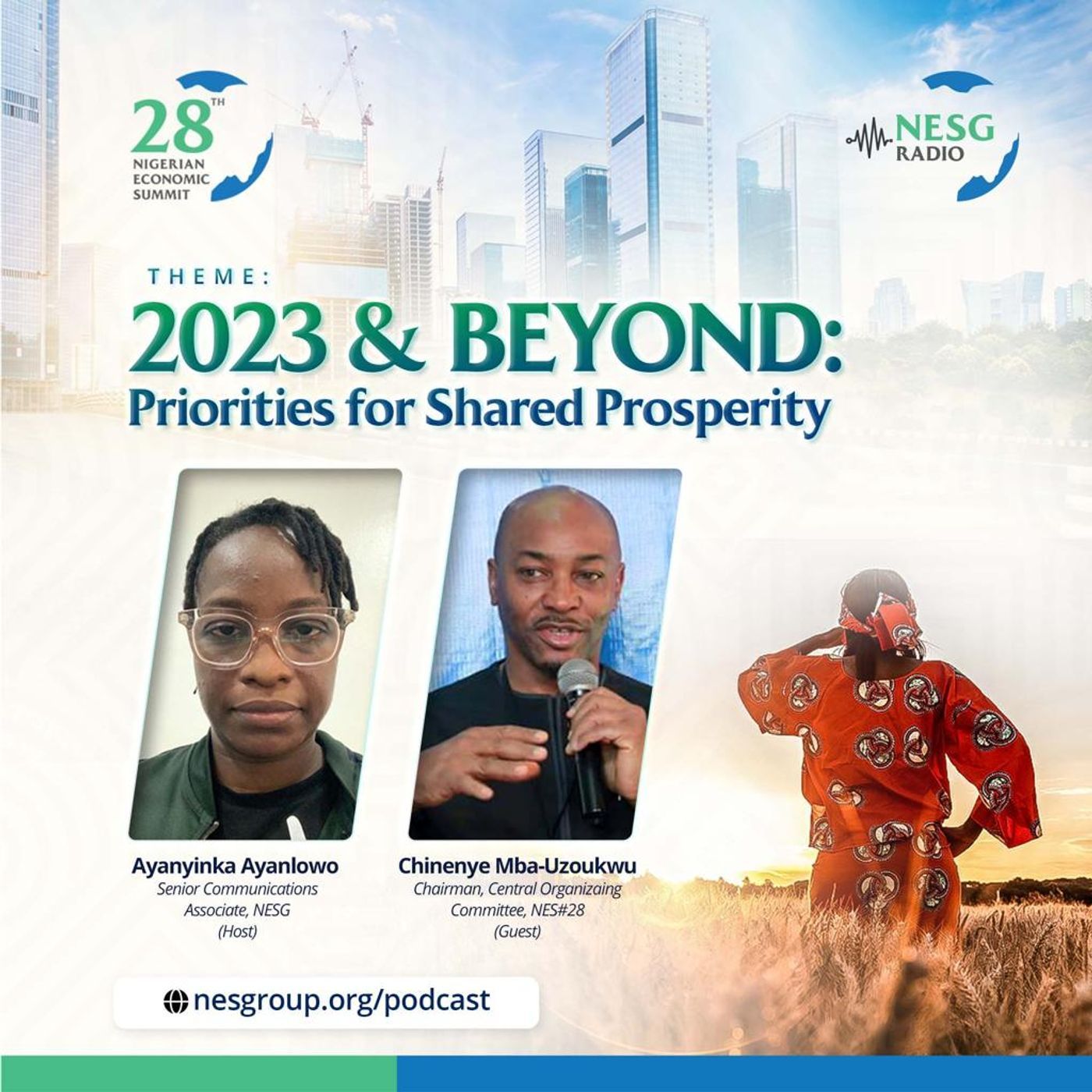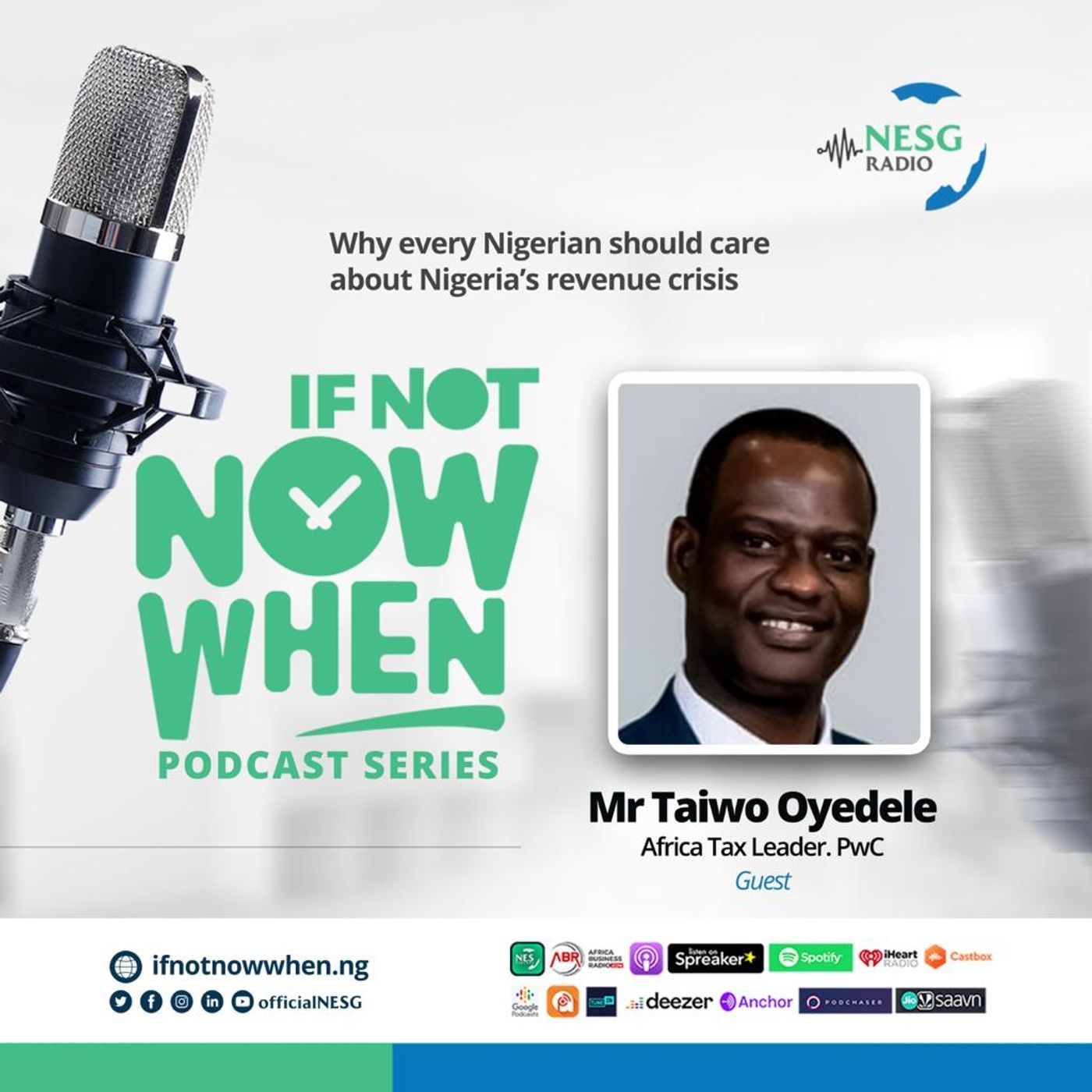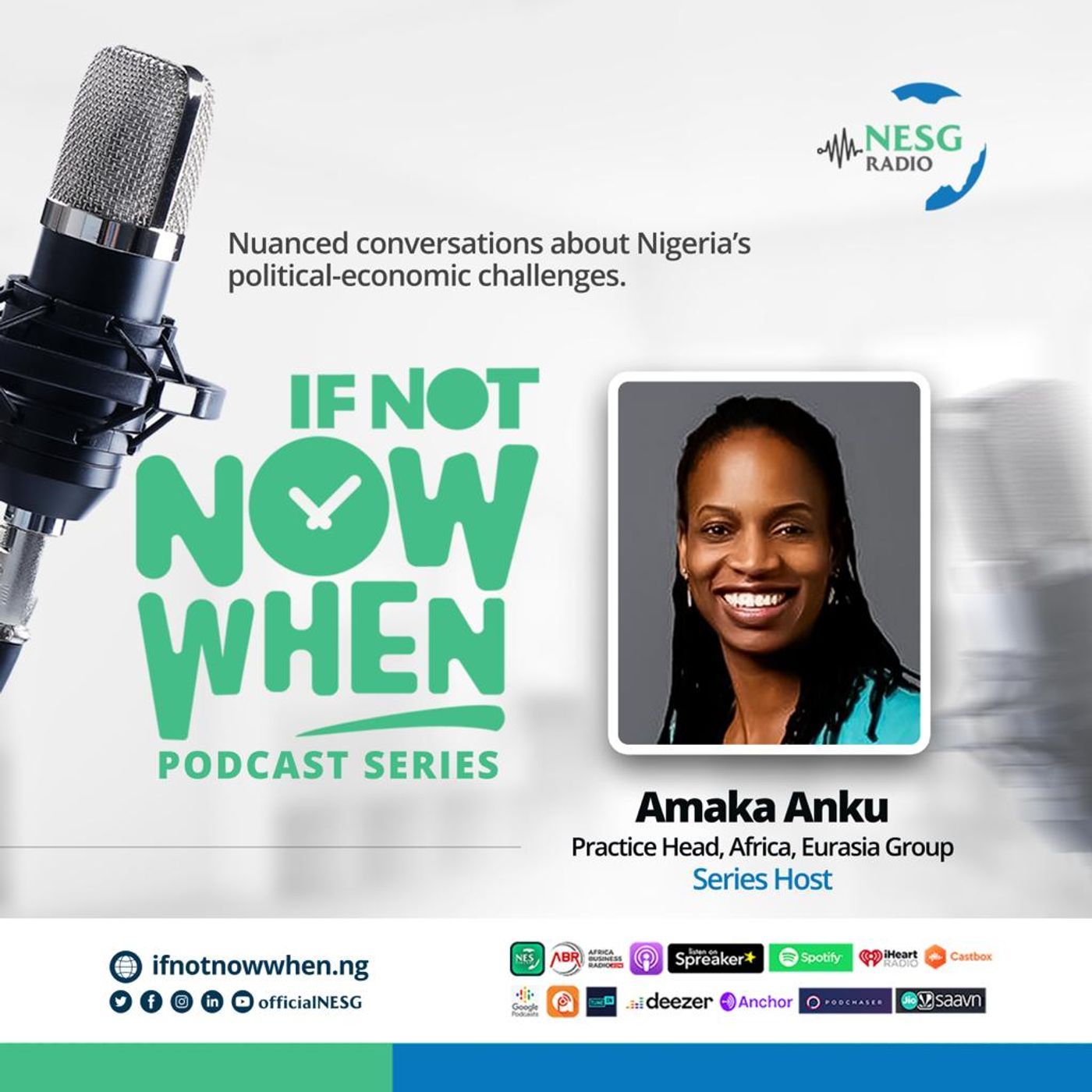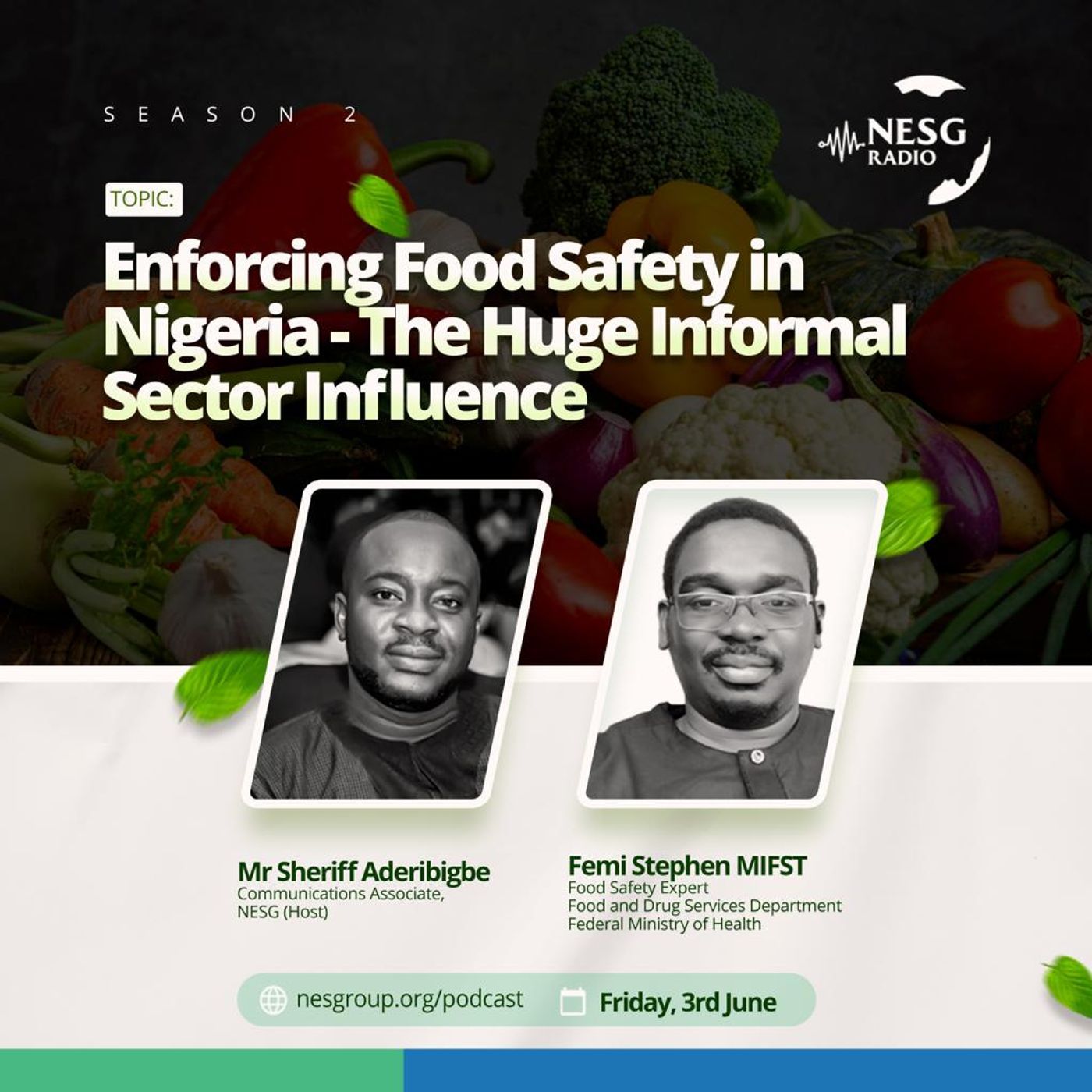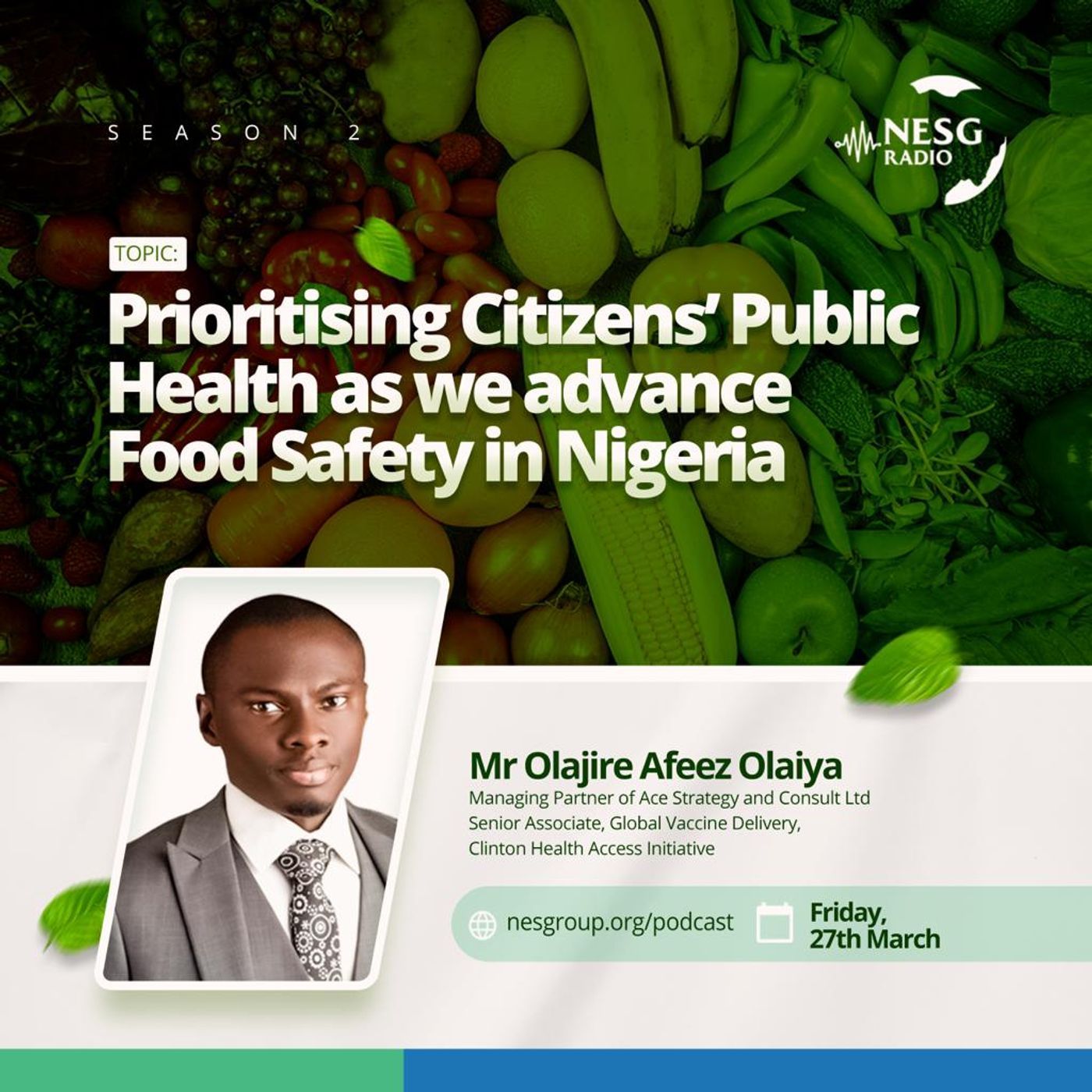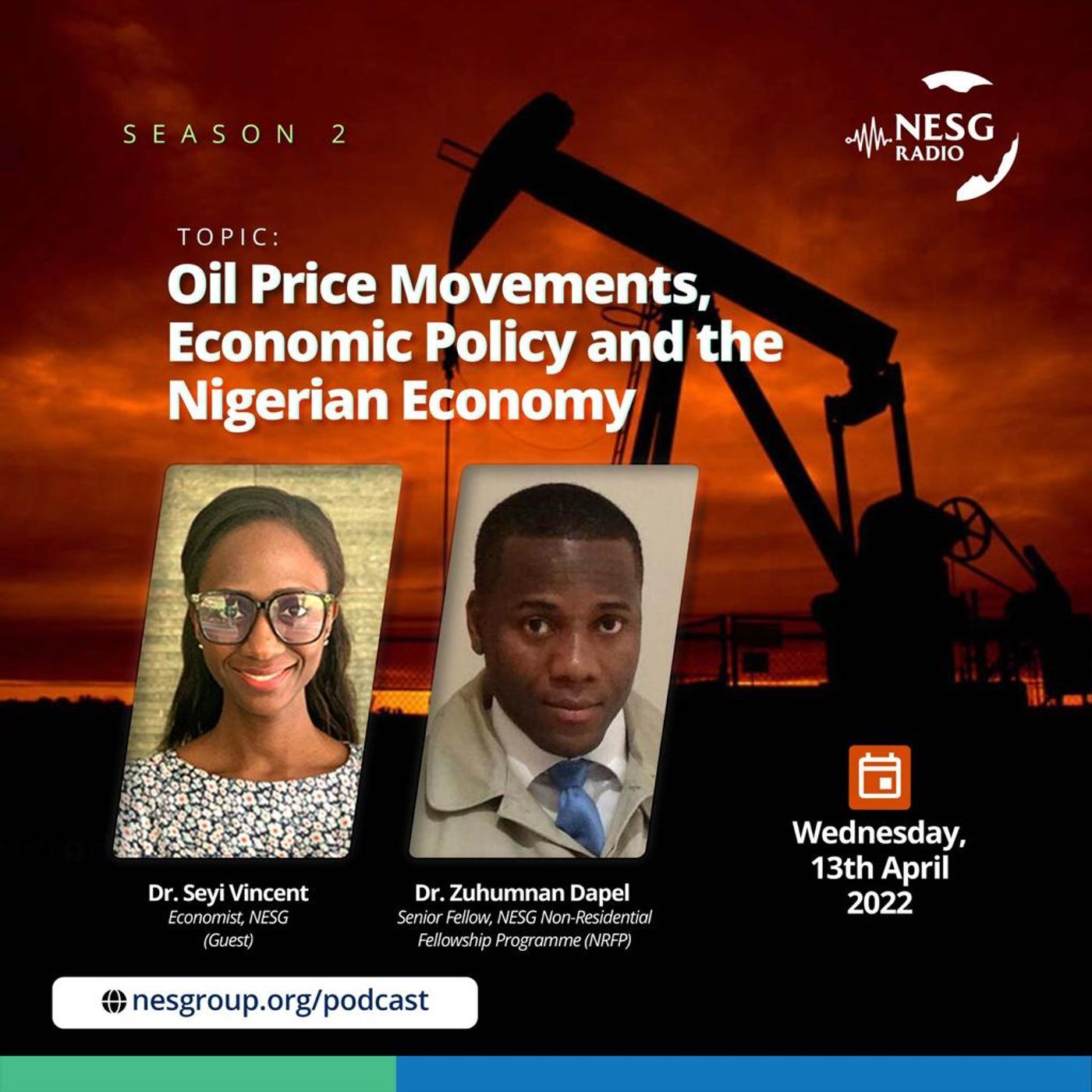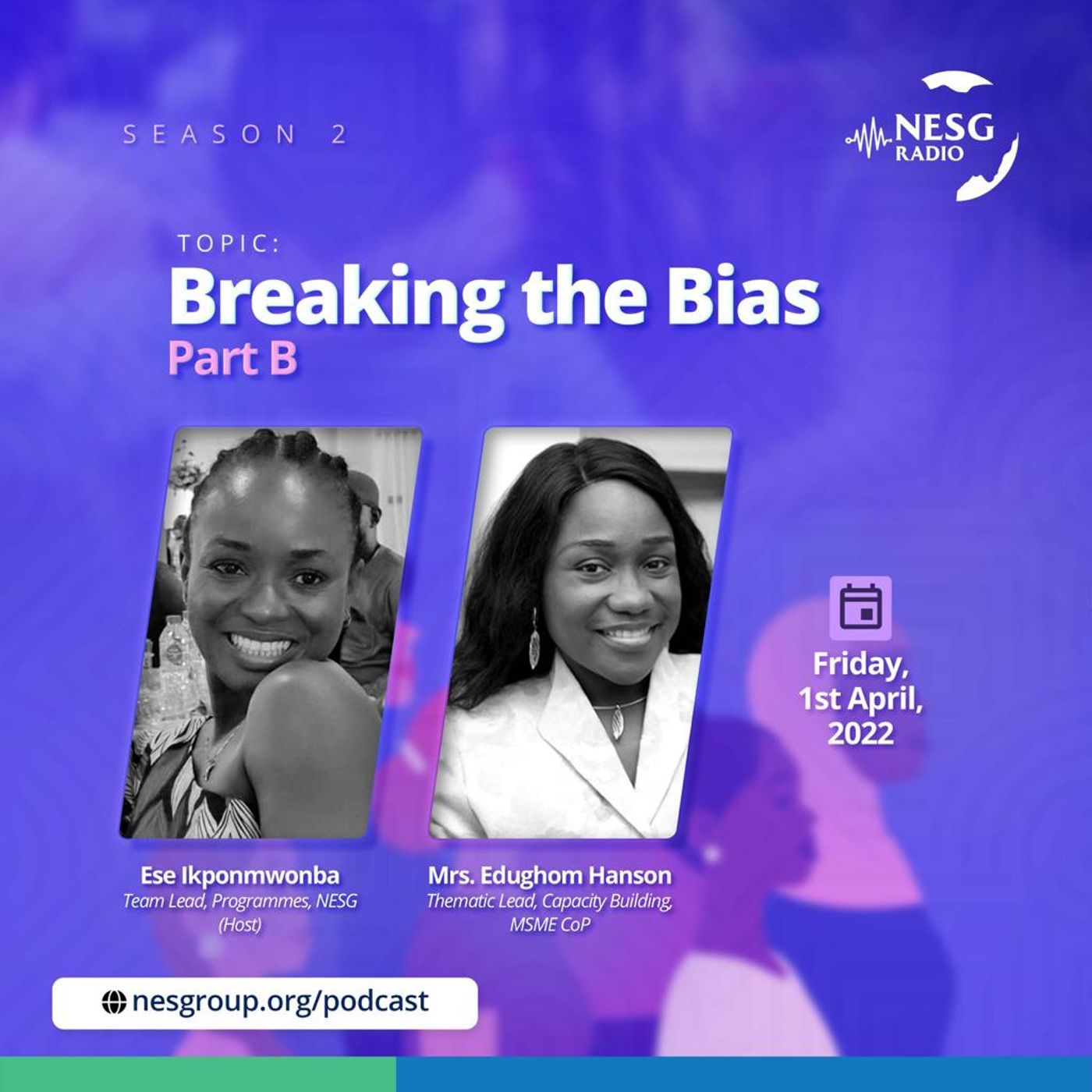Discover NESG Radio
NESG Radio

NESG Radio
Author: The Nigerian Economic Summit Group
Subscribed: 8Played: 12Subscribe
Share
© The Nigerian Economic Summit Group
Description
The Nigerian Economic Summit Group (NESG) is Nigeria’s foremost private sector-led think-tank and policy advocacy institution. At the NESG, our work in providing fact-based advocacy has allowed us to prioritize and use our voices to encourage different actors to come together to dialogue on critical socio-economic issues. Only through conversations, interventions, and innovation will we change the landscape in Nigeria and across Africa. Nevertheless, only a well-informed and united people make a great nation. Millions of Nigeria’s vibrant and talented 200 million population, do not effectively speak, understand or write English. The ones that do may be saturated with misinformation in this current digital world. The NESG Radio is a traditionally syndicated podcast that will effectively inform our people with curated localized content. Our weekly podcasts will help communicate critical information such as economic policies, ideas, health information, trends, and interventions to Nigerians.
142 Episodes
Reverse
Join us for an enlightening discussion on World Population Day 2024 as we delved into the critical issues surrounding population growth in Nigeria. This special podcast episode featured experts and thought leaders who provided valuable insights into the opportunities and challenges posed by Nigeria's rapidly growing population.
We began with an exploration of World Population Day, its origins, and why it remains a crucial observance in today's world. Our guests then discussed the key drivers behind Nigeria's population growth, including cultural, economic, and social factors.
Next, we tackled the pressing issues of healthcare and education, examining the challenges Nigeria faces in providing these essential services to its burgeoning population. The intersection of population growth with poverty and economic development was analyzed, highlighting the complexities and potential solutions.
We discovered how Nigeria can harness the power of its youthful demographic to foster economic growth and drive innovation. Our experts provided projections for Nigeria's population growth and discussed the policies that should be prioritized to manage this growth effectively.
We also explored the critical role of gender equality and women's empowerment in addressing population issues and ensuring sustainable development.
Don't miss this insightful episode as we shed light on the demographic dynamics shaping Nigeria's future. Tune in, share your thoughts, and be part of the conversation on how Nigeria can navigate its population challenges and harness its potential for a prosperous future.
Since 1999, one or two large political parties have dominated Nigerian elections. In the last few electoral cycles, there have been high-profile attempts to “break” the now entrenched two-party landscape. In this episode of the #IfNotNowWhen podcast, Amaka sits down with one of those “third party” candidates, Kingsley Moghalu, to discuss key takeaways from his experience.
No state can provide critical public goods without a competent bureaucracy. Nigeria’s public service has been criticized for being inefficient, costly, and ineffective.In this episode of the #IfNotNowWhen podcast series, Amaka sits down with Dr. Joe Abah, former Director-General of the Bureau of Public Services Reform to unpack what went wrong with Nigeria’s once vaulted public service, and what can be done to fix it.
For the first time since the 1999 democratic transition, there are three nationally competitive Nigerian presidential candidates: the ruling party’s Bola Ahmad Tinubu, the main opposition PDP’s Atiku Abubakar, and Labour Party’s Peter Obi. Rabu’i Kwankwaso will also have a meaningful impact on electoral outcomes in the northwest region.In this Season 2 debut to the #IfNotNowWhen series, Amaka sits down with Waziri Adio, the founder of Agora Policy and a long-time columnist/political commentator, to unpack the candidates’ backgrounds and paths to victory.
Welcome to the Season 2 of the #ifnotnowwhen podcast series hosted by Amaka Anku. In this season, as we approach the Nigerian Elections in 2023, we will focus on the electoral and policy landscape. Join us!
The #IfNotNowWhen series invites you to join conversations that approach Nigeria’s most serious challenges with nuance, balance, and data. Join as we explore controversial and timely topics with thoughtfulness and a consideration for different perspectives.Why should Nigerians care about addressing the country’s revenue crisis? How do we stimulate more idea-creation in Nigeria’s public discourse? What exactly is driving herder-farmer clashes in Nigeria and what can be done about it? Is corruption really Nigeria’s biggest problem?Subscribe wherever you listen to podcasts. Watch out for Season 2
There are many ongoing projects spread across the country. If these projects must succeed, they require effective project canvas, project administration and strategic implementation driven by competent project managers and project leaders. Unfortunately, the project management competent deficits largely influence project failures.Listen in as Project Management Institute discusses solutions to project deficits in Nigeria
Policymakers all over the world have struggled with this age-old question and often come up with different answers at different stages of a country’s economic evolution. How should we think about the Nigerian government’s role in driving economic transformation? What frameworks and principles should guide government action? In this fourth episode of the #IfNotNowWhen podcast series, Amaka sits down with Dr. Yemi Dipeolu—the special advisor to the Nigerian presidency on economic matters—to unpack Nigeria’s successes and failures in its attempt to drive economic transformation.
In Nigerian popular discourse, “restructuring” has become a catch-all phrase to describe an ideal governance structure for Nigeria that would allow economic transformation to take off. But what do its advocates really want? Are calls for ‘restructuring’ a distraction from the current governance realities (and challenges) Nigeria faces?In the first of a series of conversations on Nigeria’s governance structures, Amaka unpacks parts of the restructuring debate with Osita Chidoka, a leader of the opposition Peoples Democratic Party (PDP). This is episode 3 of the #IfNotNowWhen series.
In the last several years, frequent clashes between farmers and herders have displaced communities and fueled criminal gangs. Why are these clashes happening now? Why have communities that lived peacefully together for centuries turned against each other?In this episode of the #IfNotNowWhen series, Amaka sits down with Dr Andrew Kwasari, an advisor to the presidency on agriculture, to unpack these questions.
The Nigerian government has a pivotal role in addressing, with utmost urgency, six (6) critical challenges causing economic dysfunction. These challenges are non-inclusive economic growth, macroeconomic instability, infrastructure deficit, human capital deficit and skills gap, national insecurity, and weak economic competitiveness. These six (6) critical challenges resonate with both citizens and the business community, who now place a high demand on transformational leadership that will birth a new.
As Nigeria enters the political season, one question that doesn’t get asked enough is: “where will the money to pay for these promises come from?”Amaka sits down with one of Nigeria’s most seasoned tax professionals, Taiwo Oyedele, to answer this question. How do non-state actors like NURTW complicate revenue collection? Is it possible to mount a politically effective campaign that addresses the revenue crisis? This is one conversation you don’t want to miss!
The #IfNotNowWhen series invites you to join conversations that approach Nigeria’s most serious challenges with nuance, balance, and data. Listen as we explore controversial and timely topics with thoughtfulness and a consideration for different perspectives.Why should Nigerians care about addressing the country’s revenue crisis? How do we stimulate more idea-creation in Nigeria’s public discourse? What exactly is driving herder-farmer clashes in Nigeria and what can be done about it?Thoughts? Guests suggestions? Email us at info@nesgroup.org
The relationship between trade and food security is attracting increased attention on both the trade and development agendas, with trade recognized as one of the means for achieving the Sustainable Development Goals (SDGs). To ensure that markets around the world have access to nutritious food requires international trade and cross-border cooperation. With climate change threatening the predictability of harvests and the sustainability of many regional crops, the importance of trade in food commodities may well increase rather than diminish.
Investment and trade—important drivers of economic growth in sub-Saharan Africa—are both affected significantly by conflict. Businesses are naturally averse to disputes and when disputes arise, they must be efficiently and effectively resolved for businesses to thrive. Dispute resolution is the key that unlocks investment, be it local or foreign, business, money, private equity, or investors are averse to disputes, and where it arises, it wants them to be speedily and efficiently dealt with.
Many health problems encountered today arising from the consumption of unsafe food are not new as they date far back in history. The issue of food safety and food-borne toxicants in Sub-Saharan Africa, including Nigeria, is exacerbated by public ignorance on the subject, an uncoordinated approach to food control, lack of technical expertise, and adequately equipped laboratories in some cases, poor enforcement of legislation and regulatory limits.
It is not food if it is not safe. Access to safe, nutritious, tasty, and wholesome food is a fundamental human right that should be available and affordable to all people, including people in developing countries. Food safety throughout the value chain, from farm to the table must be integrated into policies and interventions to improve nutrition and health outcomes.
The history of Nigeria’s politics since the coming into being of the Fourth Republic, like its earlier democratic experiments have shown intractable but avoidable defects and deficits in the practice of participatory democracy. To interrogate this phenomenon, there is a need to focus on the impact of behavioral insights on undemocratic attitudes, unwholesome values, objectionable beliefs and Nigeria's electoral and political culture.
Oil prices have since risen sharply to nearly $100 per barrel following strong economic recovery post-lockdowns. As the economy grows so does the demand for oil. Moreover, rising geopolitical tensions between Russia and Ukraine and in the Middle East are stoking supply fears. This is contributing to rising inflation and concerns about economic recovery.
Break the Bias" encourages us to continue speaking out and to imagine a world free from bias, stereotypes, and discrimination. An inclusive, diverse, and equitable world, where differences are valued and celebrated. This world will become our reality when we celebrate women's achievements, increase visibility for them, create awareness against bias and take action for gender equality.



